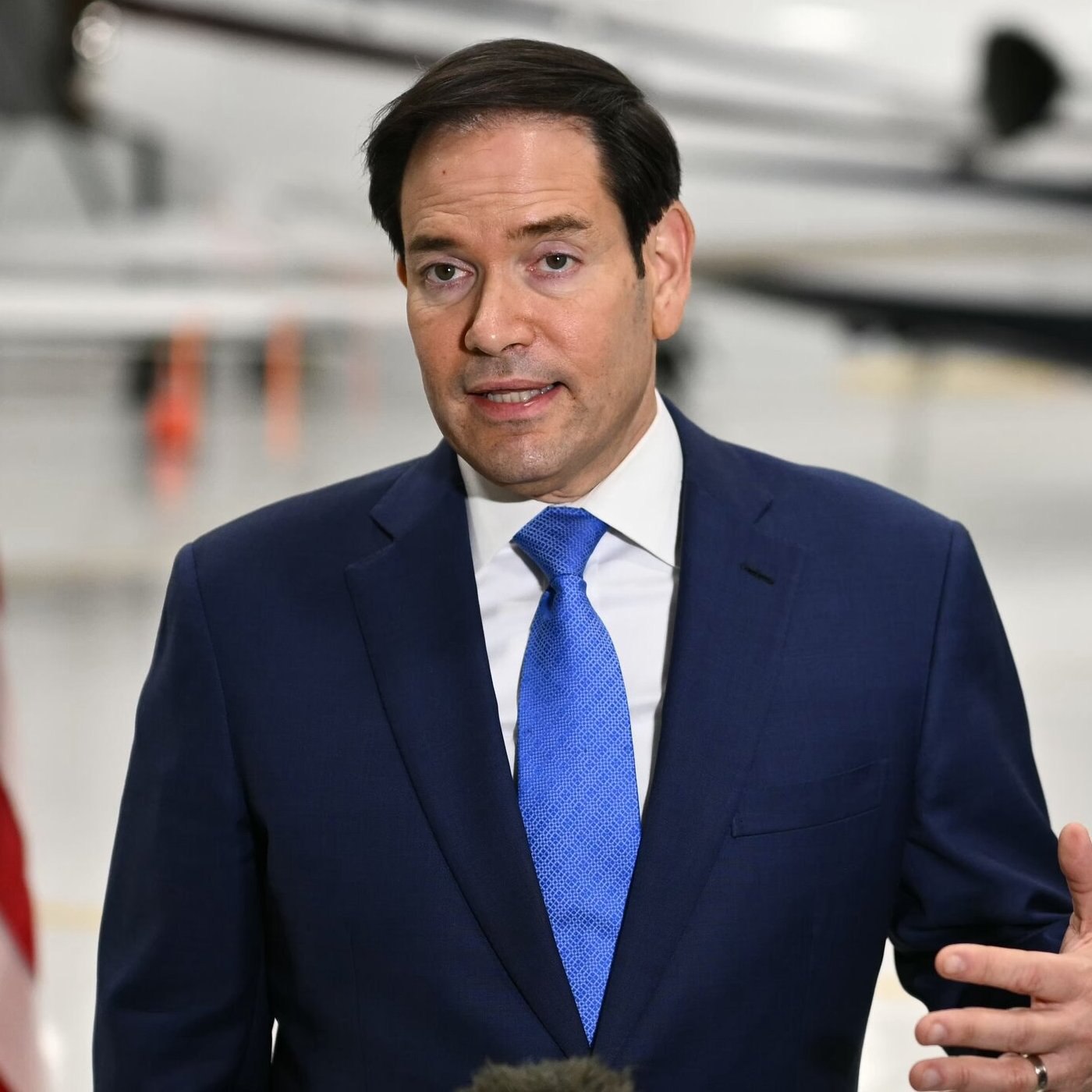Dr. Oz Proposes Medicare Billing Code for "Trump Derangement Syndrome"
In a recent statement, Dr. Mehmet Oz, the Administrator of the Centers for Medicare & Medicaid Services (CMS), suggested the potential need for a Medicare billing code to address what he termed "Trump Derangement Syndrome" (TDS). This proposal comes in light of observations made by a New York City psychotherapist, who reported that approximately 75% of his patients exhibit symptoms associated with TDS, describing it as "the defining pathology of our time."
Dr. Oz emphasized the importance of recognizing the psychological impact that political discourse can have on individuals. He stated, "Psychotherapy, prayer, asking your family to make you sane again—maybe we should consider an ICD-10 billing code for Medicare for people with Trump Derangement Syndrome." His comments reflect a growing concern about the polarization in political discussions and the mental health challenges that may arise from it.
During his remarks, Dr. Oz noted that the inability to engage in rational discussions about differing viewpoints is a significant issue. "You know, it is such a pathological process; you can't have a rational discussion," he remarked. He further elaborated on the importance of maintaining thoughtful conversations, even with those who hold opposing views. "Listen, you and I, we've had plenty of people come into our lives we disagree with. I'm fine with that. But at least have a rational and thoughtful conversation about what's really going down," he added.
The proposal for a Medicare billing code for TDS has sparked discussions about the intersection of mental health and political ideology. As the nation continues to navigate a politically charged environment, the implications of such a diagnosis could have far-reaching effects on mental health treatment and policy.
As the conversation around mental health and political discourse evolves, the potential for a formal recognition of TDS within the healthcare system remains to be seen. The dialogue initiated by Dr. Oz may pave the way for further exploration of how political beliefs can influence mental health and the resources available for those affected.



